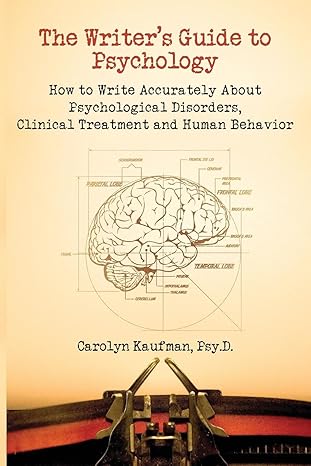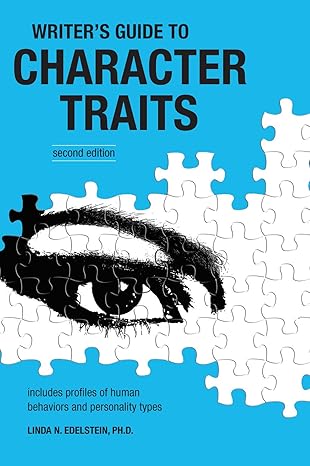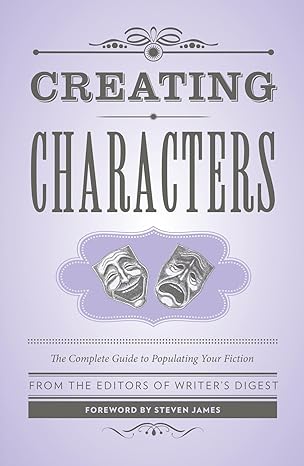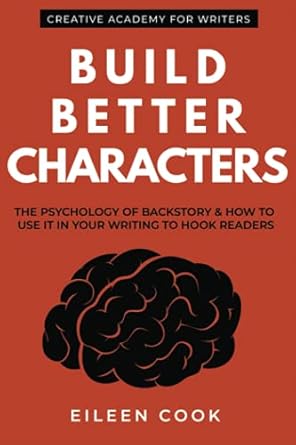If you’re fairly new to writing, you might find you asking yourself this same question. You read other author’s stories and fall in love with characters, but you can’t seem to do the same with your own.
What’s going on?!
Don’t worry, you’re not a bad writer. You just need a little guidance and I’m here to help! Here are some things to keep in mind when you are writing your characters:
#1 Give your character a goal
Give your character(s) a goal. Don’t let them wander aimlessly from page to page with no direction to where they are heading. But what does it mean to have a goal?

This means they have something they are working towards during the story. Are they trying to get a new job after being let go? Did they go through a breakup and now they are trying to get their life back together? Or maybe they have to protect someone?
Let me give you an example: In Nicole Deese’s The Words We Lost, Ingrid (the main character) is a senior editor at a Fog Harbor books. Her goal is to find the missing manuscript of bestselling author (and Ingrid’s childhood best friend) after her untimely death.
As you see in the above example, the main character has a goal that propels the story forward as well as gives her some…well, character! Now, a reader is anxious to find out how she handles this challenge and if she accomplishes her goal!
#2 Don’t make your character(s) perfect
Let’s face it: we aren’t perfect, so why would our characters need to be? Plus, it makes them boring when they do everything right and frankly, no reader is going to be able to relate to them.

Give them some funny quirks, think about how they might react to a situation with limited information (rather than all the knowledge you have), and give them real feelings and thoughts.
#3 Fill out a character development worksheet
Filling out or creating a character development sheet will give you some insights to your character. This will be information about your character that might not necessarily be in the manuscript but will have an effect on how your character might handle situations or how they view the world.

For instance, we’ll say your character had two brothers and two sisters and he/she was born right in the middle of them. A classic middle child personality will say they often look for situations to create attention to themselves. You may choose to mention their birth order briefly in the manuscript or maybe not at all, but you will know that because they were a middle child they will often be loud, attention seeking, and maybe a little wild.
If you need a character development sheet to fill out, I’ve created one! You can download it here.
#4 Read psychology books (specifically for fiction writing)
If you aren’t aware of how human behavior works, it would be a good idea to get a couple books on the subject. This can help you so much in your writing!
Personally, I find human behavior super interesting and love to understand why people do the things they do. Here are a couple of books you can read to help you understand human behavior for your writing.




I hope these tips will help you in your character development! And as always, before you publish or send your manuscript to a literary agent, please invest in yourself and your book by getting the proper edits.
Good luck, and happy writing!!
